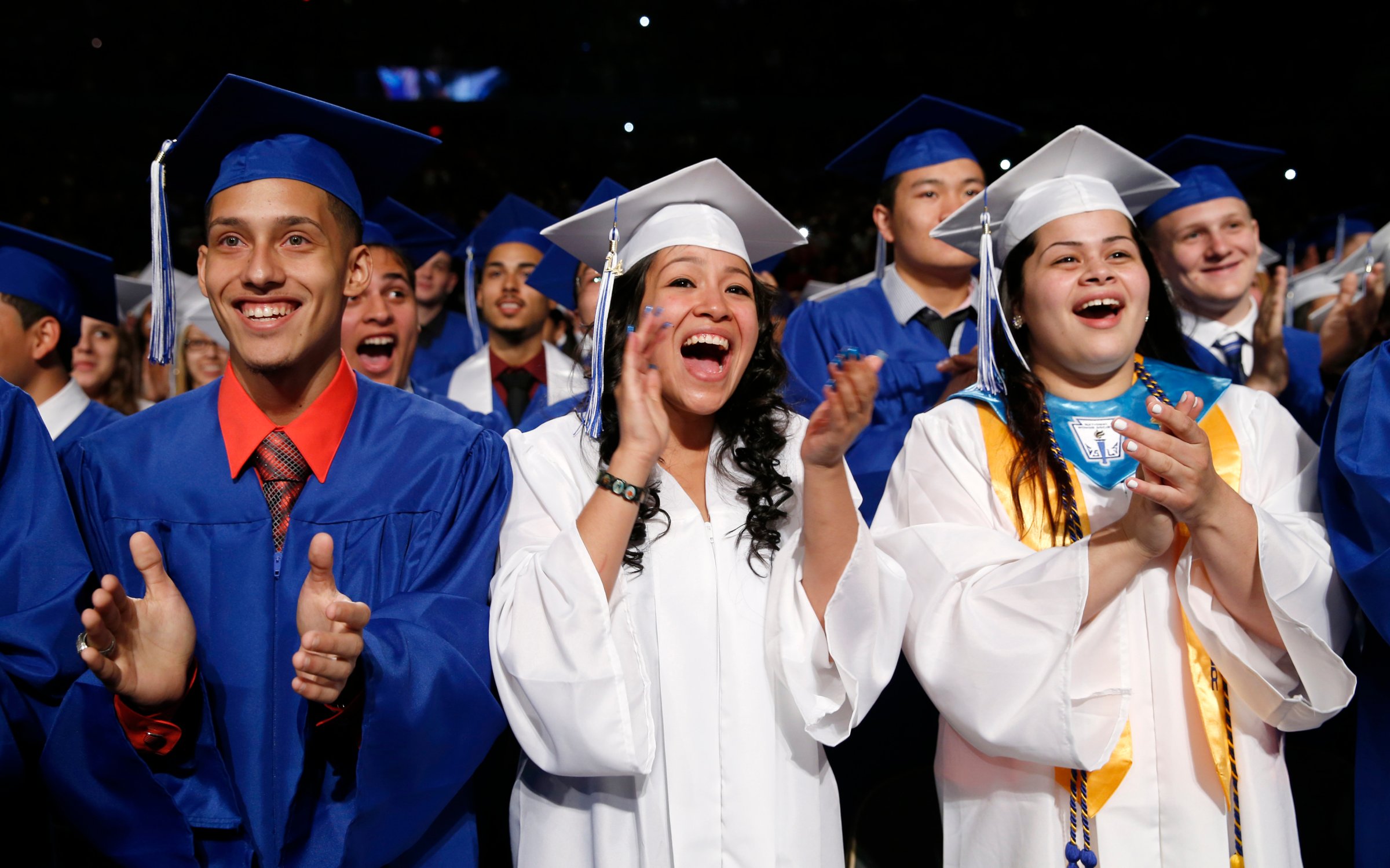
Narrowing the education gap between America’s poor and wealthy school children could accelerate the economy and significantly increase government revenues, according to a new study.
An improvement in the educational performance of the average student will result in “stronger, more broadly shared economic growth, which in turn raises national income and increases government revenue, providing the means by which to invest in improving our economic future,” says the Washington Center for Equitable Growth.
The study is based on findings from a 2012 assessment given by the Organization for Economic Cooperation and Development. Data showed the U.S. education system performed poorly when compared against the world’s 34 developed nations, ranking below average in mathematics and just average in reading and science.
The Washington Center took America’s test score of 978, and in their most modest scenario boosted the achievement scores of the country’s bottom 75% testers so that the national score reached the worldwide developed nation average of 995 (or roughly equal with France).
This would raise the U.S. GDP by 1.7% by 2050, they found, which, taking inflation into account, would amount to a $2.5 trillion rise or an average of $72 billion extra per year.
The country would also make over $900 billion extra in total federal, local and state revenue.
If the U.S. were able to match Canada’s educational achievement score of 1044, the potential gain would be significantly higher. The study estimates that GDP would grow by 6.7%, equivalent to $10 trillion or about $285 billion per year.
This latter scenario would mean a revenue boost of $3.6 trillion.
The Washington Center said their findings suggest that governmental investments into education would pay for itself in the form of economic growth for many years to come.
More Must-Reads from TIME
- Donald Trump Is TIME's 2024 Person of the Year
- Why We Chose Trump as Person of the Year
- Is Intermittent Fasting Good or Bad for You?
- The 100 Must-Read Books of 2024
- The 20 Best Christmas TV Episodes
- Column: If Optimism Feels Ridiculous Now, Try Hope
- The Future of Climate Action Is Trade Policy
- Merle Bombardieri Is Helping People Make the Baby Decision
Contact us at letters@time.com